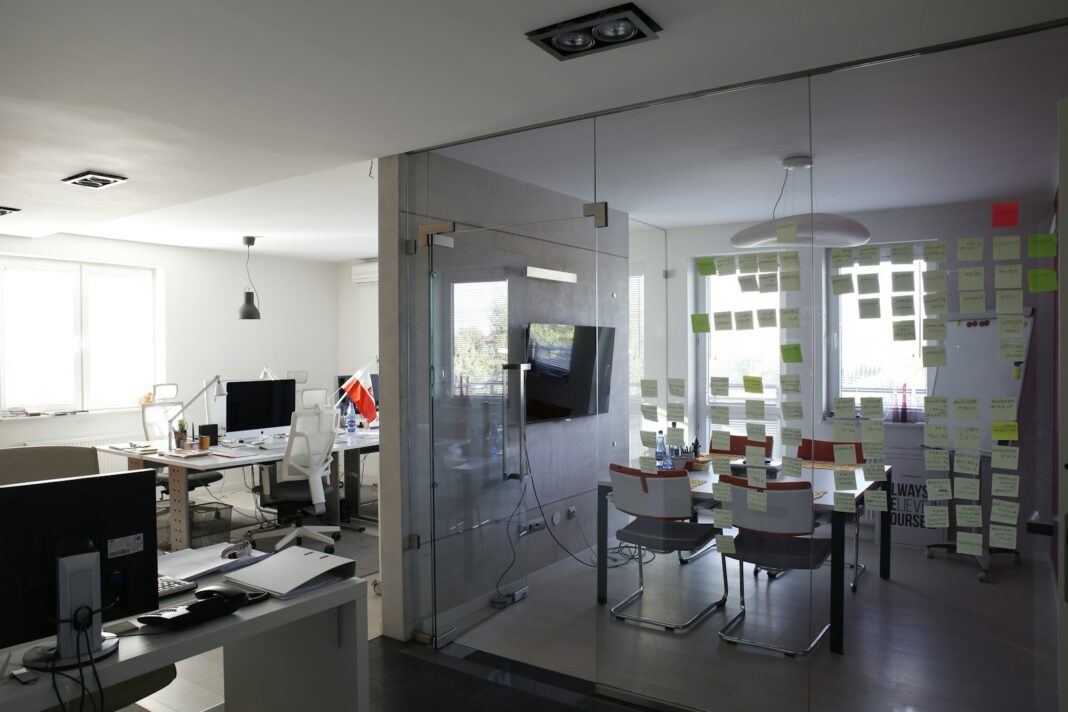Co-working spaces have become increasingly popular as flexible, cost-effective alternatives to traditional office setups. These spaces cater to diverse business needs, from freelancers to startups and small enterprises. Choosing the right co-working space can significantly impact your productivity, company culture, and networking opportunities. Here’s a guide to selecting the ideal co-working space for your business.
- Assess Your Business Needs
Understanding your specific requirements is the first step in selecting a co-working space. Consider factors such as the nature of your work, team size, and operational needs.
Questions to Ask:
- Do you need private offices, shared desks, or a mix of both?
- Are meeting rooms or event spaces necessary?
- What are your working hours, and do you need 24/7 access?
Example: A startup team might prioritize private workspaces and collaboration areas, while a freelancer may prefer a flexible hot-desk arrangement.
- Location and Accessibility
The location of your co-working space plays a crucial role in convenience and brand perception.
Key Considerations:
- Proximity to public transport and major business hubs.
- Availability of parking for team members and clients.
- Accessibility for team members living in different areas.
Tip: Choose a location that minimizes commute times for your team and aligns with your target audience’s demographics if clients frequently visit.
- Evaluate Amenities and Infrastructure
Amenities can enhance the workplace experience and improve productivity. Look for features that align with your business’s operations.
Common Amenities:
- High-speed internet and IT support.
- Printing and scanning facilities.
- Ergonomic furniture and well-designed spaces.
- On-site cafeteria or access to food options.
Bonus Features: Some co-working spaces offer perks like wellness programs, community events, or childcare services.
- Consider Networking Opportunities
Co-working spaces are hubs of collaboration and innovation, making them ideal for networking. Consider the potential for partnerships and collaborations within the space.
Factors to Assess:
- The types of businesses or industries represented.
- Community events or workshops organized by the co-working space.
- Availability of common areas for casual networking.
Example: A tech startup might benefit from a co-working space frequented by developers, marketers, or venture capitalists.
- Budget and Flexibility
Cost is a significant factor when choosing a co-working space. Understand the pricing structure and flexibility of agreements.
Key Points:
- Compare costs between different spaces and assess what’s included in the price.
- Look for flexible terms, such as month-to-month memberships or scalability options to accommodate business growth.
- Factor in hidden costs, like extra fees for meeting room usage or event space rentals.
- Evaluate the Work Environment
The ambiance and culture of a co-working space can affect productivity and morale.
Elements to Observe:
- Noise levels: Does the environment suit your work style?
- Cleanliness and upkeep: Is the space well-maintained?
- Community vibe: Does the culture align with your business values?
Pro Tip: Visit the space during working hours to get a feel for the environment and interact with current members.
- Security and Privacy
Security is vital, especially for businesses handling sensitive data.
Checklist:
- On-site security measures, like surveillance cameras and secure access systems.
- Privacy options, such as soundproof meeting rooms or private offices.
- Policies regarding data protection and confidentiality.
Conclusion
Choosing the right co-working space requires careful consideration of your business needs, budget, location, and amenities. A well-suited co-working environment not only enhances productivity but also fosters collaboration and growth. By taking the time to evaluate your options, you can find a space that supports your business’s unique goals and creates an inspiring workplace for your team.



